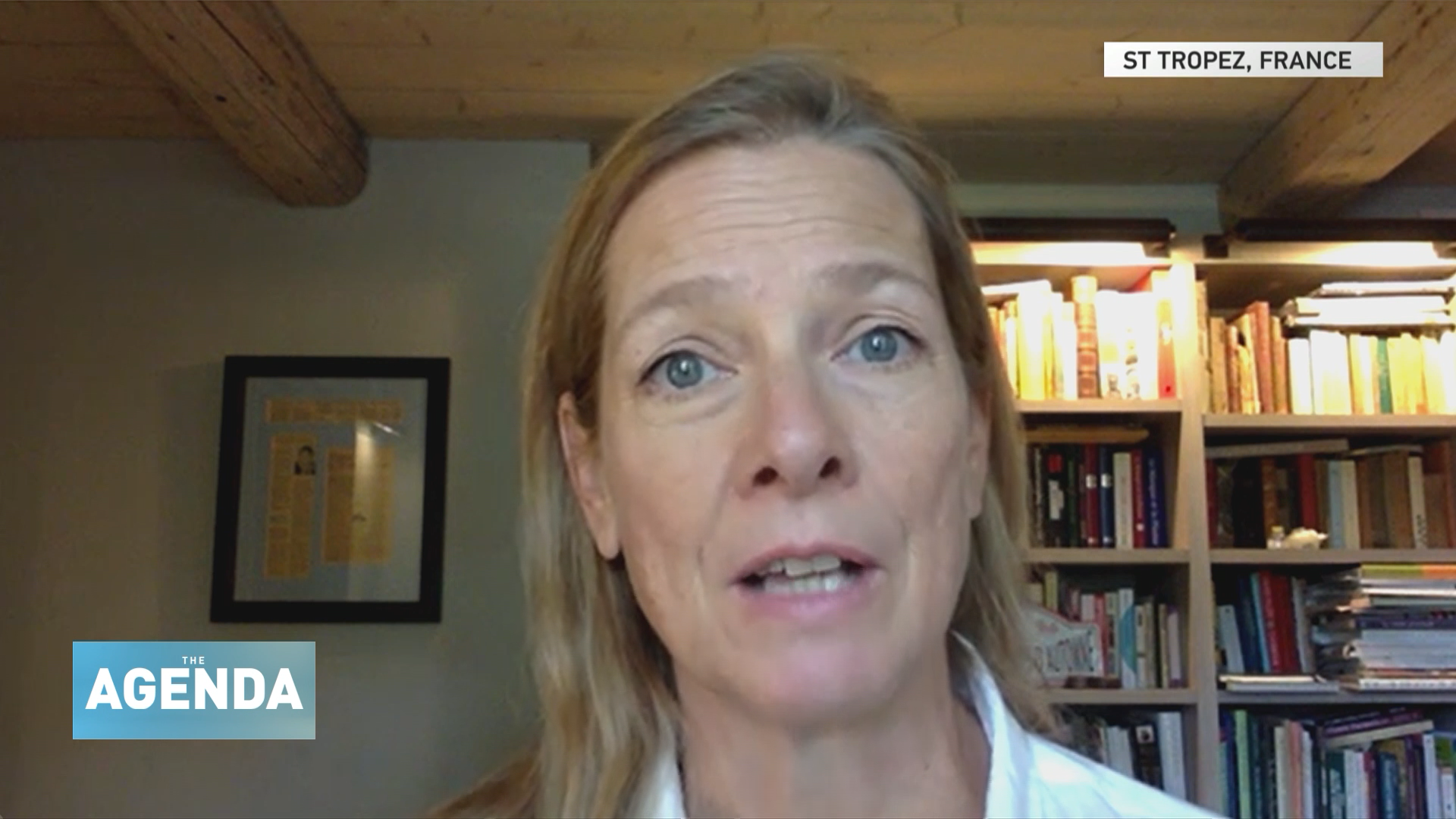07:09

Some of Europe's best known retailers have been left with a surplus of stock they would normally have sold in spring after they were forced to close their doors at the start of the pandemic.
Many high street shops slashed prices on clothing when they reopened after lockdown but have been unable to sell all of their excess product.
Another concern for high street retailers is their lack of online presence, with many failing to invest in digital stores prior to the pandemic.
According to Fashion Journalist Dana Thomas this is just one of the many conundrums facing luxury brands across the world as they adapt to a changed industry.
But Thomas says an adjusted fashion industry could breathe new life into smaller businesses who have been eaten up by their bigger high street rivals in previous years.

Many high street shops slashed prices on clothing when they reopened after lockdown but have been unable to sell all of their excess product./Reuters
Many high street shops slashed prices on clothing when they reopened after lockdown but have been unable to sell all of their excess product./Reuters
"Some brands never even had that much invested or any online presence at all...they're consolidating but you know folks worry that that's going to kill the high street," said Thomas.
"I think it's going to free up the high street to bring back the local businesses that were driven out by these mega chains, global chains, who are willing to pay higher rents.
"When the stock market crashes economists call that 'an adjustment'. Well, this is a bit of an adjustment to the fashion industry - it's in the throes of a major collapse and it needed adjusting.
"It was growing too big and too fast and too huge and there was way too much money at play and there were way too many clothes and way too many stores and they really did kill small independent business along the way."